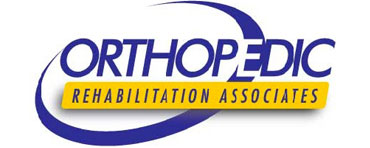Enhancing Rehab Outcomes Via Effective Practical Motion Assessment Guidelines
Enhancing Rehab Outcomes Via Effective Practical Motion Assessment Guidelines
Blog Article
Functional Movement Screening (FMS) is a beneficial instrument used to evaluate an person's mobility patterns. This assessment helps determine any deficiencies or imbalances in the body, which can lead to harm if not corrected. In rehabilitation contexts, FMS can play a critical role in enhancing rehabilitation outcomes. By understanding how each individual navigates, healthcare professionals can develop targeted recovery programs that concentrate on improving power, flexibility, and general performance.
One of the key advantages of using FMS in rehabilitation is its capability to identify specific aspects that need improvement. For instance, if a patient struggles with squat movements or lunge movements, it may indicate a deficiency of mobility in their hip joints or ankle joints. This information allows clinicians to create personalized fitness programs that emphasize addressing these deficits. As a consequence, patients are more likely to regain their power and functionality, which is crucial for returning to daily tasks or sports.
Implementing effective FMS protocols can also help avoid future injuries. Many injuries happen due to poor movement patterns or excessive use of certain muscular clusters. By outpatient physical therapy screening individuals before they begin a recovery program, clinicians can identify hazards and implement strategies to reduce them. Educating patients about appropriate mobility patterns and strengthening underdeveloped aspects can lead to long-term benefits, promoting that they stay active and healthy.
Additionally, the use of FMS can enhance communication between healthcare providers and clients. When clients see their movement mechanics evaluated and explained, they gain a clearer understanding of their recovery process. This transparency fosters confidence and motivates patients to take an active part in their recovery. By involving patients in their recovery sports rehabilitation journey, they are more likely to follow to prescribed exercises and behavioral adjustments that support better results.
In summary, improving rehabilitation results through efficient operational movement screening procedures is crucial for both patients and healthcare professionals. By precisely assessing mobility patterns, therapists can create tailored rehabilitation plans that meet specific needs. This not only facilitates in rehabilitation but also helps avoid future harm. As patients become more engaged in their recovery journey, they are likely to achieve their objectives and sustain a fit, engaged lifestyle.